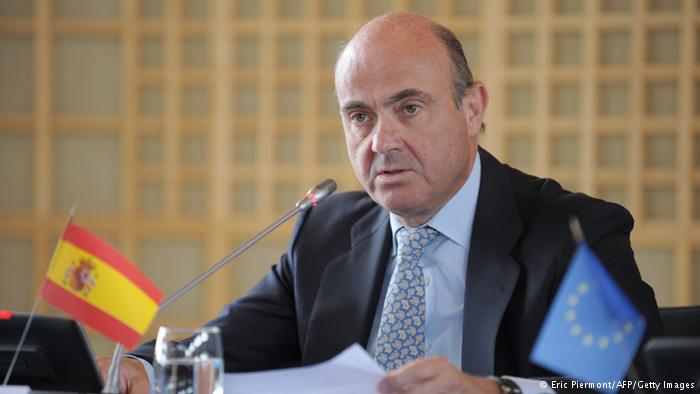
Cuba-U.S. thaw attracts Spain’s economics minister
Spain’s minister of the Economy and Competitiveness, Luis de Guindos Jurado (shown in photo above), will travel to Cuba in the second week of July to meet with high-ranking government officials, the EFE news agency reported Wednesday (June 17), citing sources in that ministry.
De Guindos will lead a delegation of Spanish business leaders “interested in increasing their interests” in Cuba “in the face of the important change that the new political relations opening between the United States and the Caribbean country may entail,” the Spanish news agency says.
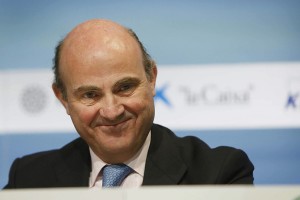
De Guindos, a member of the ruling Popular Party, has told the media that Cuba “has made a 180-degree turn” that has caught the attention of Spain, a country with “very deep” historic ties to the island.
According to EFE, executives of major Spanish businesses accompanying De Guindos will have an opportunity to promote trade with Cuban businesses and learn first-hand the economic changes that Raúl Castro’s government is enacting.
About 200 Spanish business firms are represented on the island. Annual bilateral trade amounts to about $1.07 billion.
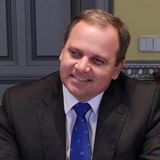
Cuba’s ambassador to Spain, Eugenio Martínez Enríquez, said this week that his country was looking forward to a “prosperous and sustainable” economic transformation and suggested that foreign investment should equal 30 percent of Cuba’s GNP.
According to the Spanish Economic Office in Havana, Spanish investors would do well to concentrate in the Cuban sectors of energy, agriculture, tourism and infrastructure renovation.
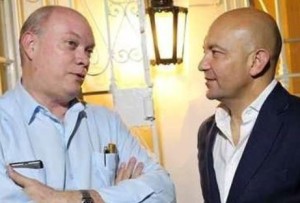
In the past few months, several government and business leaders from European countries have traveled to Havana, apparently to lay the groundwork for improved trade with the Castro government.
Spain’s secretary of state for Trade, Jaime García-Legaz, visited Cuba in mid-April and said that Cuba’s removal from the U.S. list of countries that sponsor terrorism “places Spain in a situation in which we feel — and the companies have let us know — that we must begin a phase of much greater intensity.”
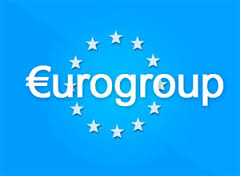 In a related development, the 55-year-old De Guindos applied on Monday (June 15) for the post of chairman of the 19-member Eurogroup, a gathering of the finance ministers of the European Union countries that use the euro as their official currency.
In a related development, the 55-year-old De Guindos applied on Monday (June 15) for the post of chairman of the 19-member Eurogroup, a gathering of the finance ministers of the European Union countries that use the euro as their official currency.
Today (June 17), a spokesman for the German government said that Berlin supports De Guindos for the post because “he would be a very capable, very professional and good chairman of the Eurogroup.” The election will be in July.

